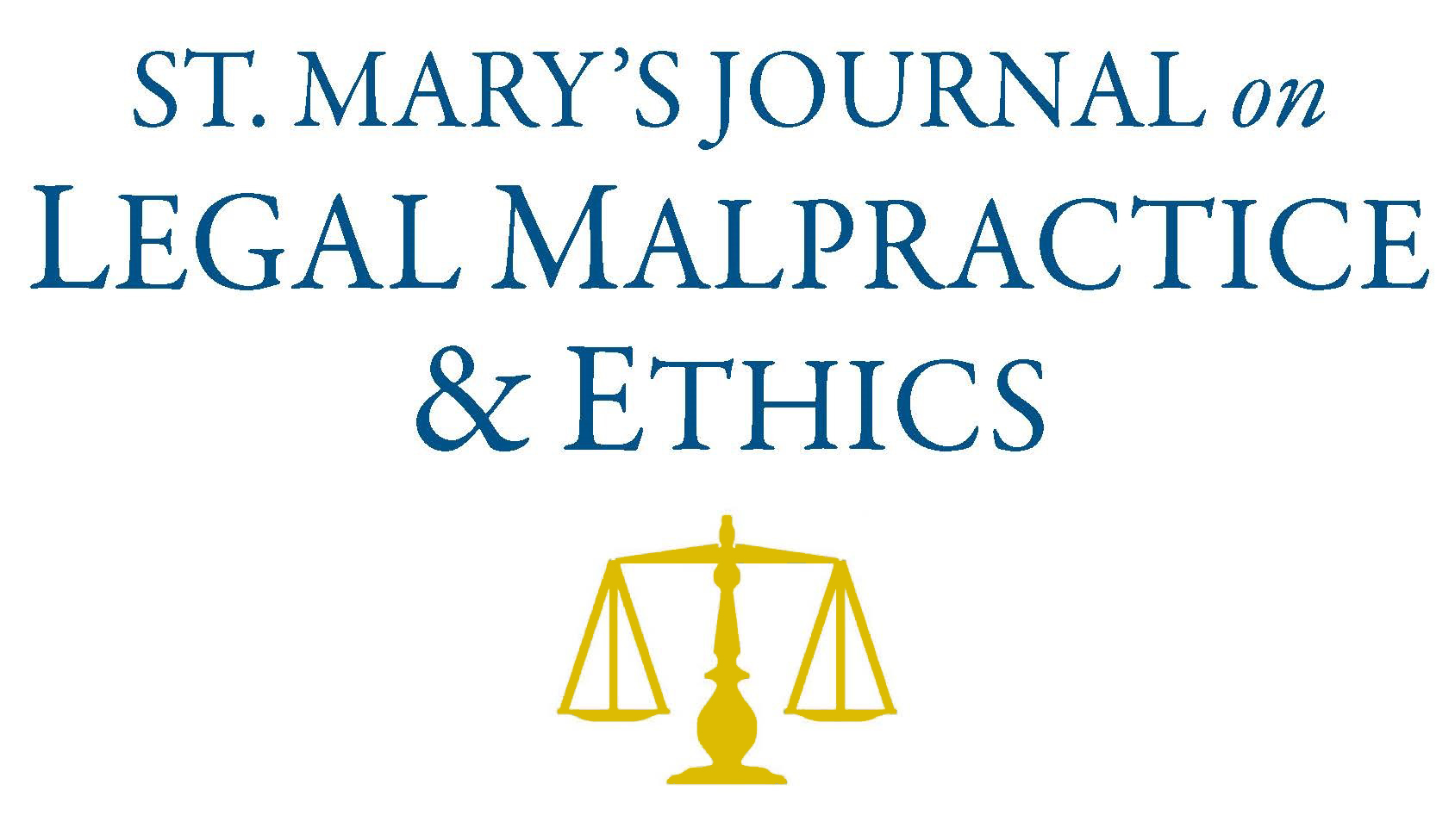
First Page
48
Date Created
10-17-2023
Publisher
St. Mary's University School of Law
Editor
Julia M. Tillman
Last Page
107
Abstract
The mitigation investigation that is essential in every capital case requires a multidisciplinary team. The duty to conduct this investigation is clearly established federal law, as well as an ethical obligation of counsel. The mitigation evidence that is uncovered is of vital importance to the rights of the individual accused of a capital offense, but also to reliable outcomes since all decisionmakers—including prosecutors, jurors, and judges—need the most complete and accurate picture of the person facing the punishment of last resort. This Article discusses some of the unique legal and ethical issues affecting the documentation of this investigation. The Authors address two specific problems: the changing landscape of discovery rules over the extraordinarily long life of a capital case from pretrial litigation to federal habeas corpus review, and the nature of mitigating evidence itself. The ubiquity of trauma in the capital client population affects the dynamics of disclosure of mitigating evidence and can explain apparent inconsistencies arising from these dynamics. There are no simple solutions to these problems, but capital defense teams have an obligation to adopt thoughtful strategies based on an awareness of these complexities.
Recommended Citation
Russell Stetler & W. Bradley Wendel,
Mitigation Reports in Capital Cases: Legal and Ethical Issues,
13
St. Mary's J. on Legal Malpractice & Ethics
48
(2023).
Available at:
https://commons.stmarytx.edu/lmej/vol13/iss1/3
Included in
Criminal Law Commons, Criminal Procedure Commons, Law and Society Commons, Legal Ethics and Professional Responsibility Commons, State and Local Government Law Commons

